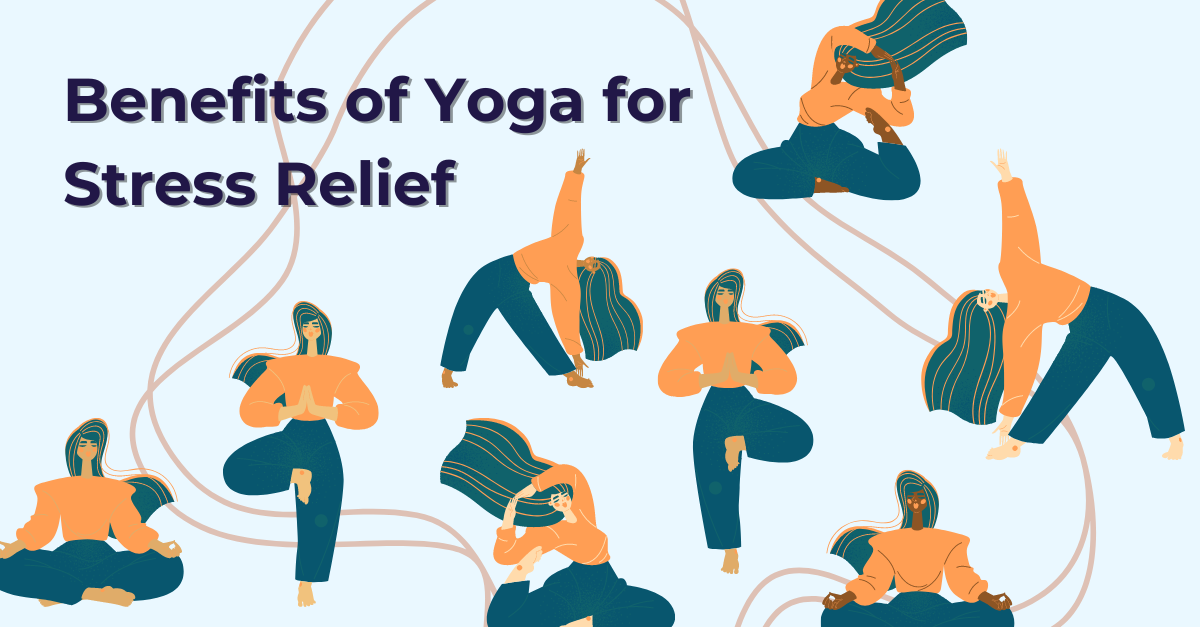 In the last century, great advances in medical science have been made which have reduced the occurrence of many physical diseases. Now, there are better drugs to cure and the improvement in surgical techniques has been fantastic. Unfortunately, these are less effective in fighting the basic cause of much ill-health – chronic stress. Yoga as a technique to fight stress is gaining popularity not only in India where it originated, but also in the West where many companies encourage their employees to take up Yoga to enhance their ability, efficiency, and creativity.
In the last century, great advances in medical science have been made which have reduced the occurrence of many physical diseases. Now, there are better drugs to cure and the improvement in surgical techniques has been fantastic. Unfortunately, these are less effective in fighting the basic cause of much ill-health – chronic stress. Yoga as a technique to fight stress is gaining popularity not only in India where it originated, but also in the West where many companies encourage their employees to take up Yoga to enhance their ability, efficiency, and creativity.
The word 'yoga' is derived from the Sanskrit word and means 'to unite'. Yoga has been described in the Bhagavad-Gita (a part of the epic Mahabharatha) as 'skill in action'. It prescribes a very holistic approach towards life. It is not about doing physical exercises only, but is a way of life aiming to achieve a perfect balance between the potential dormant within an individual and its realization. Thus, a concerted and united action to master the mind and body is made so that they complement each other.
How does yoga try to bring about a sense of well being in the individual? Yoga involves many methods or techniques. Pranayama or controlled, slow, and deep breathing exercise and meditation help calming the mind. 'Prana' means life and 'ayama' means lengthening. 'Asanas' literally means seat or posture. This is when one exercises specific muscles and internal organs to help in relaxing physically. Initial guidance from a yoga expert or videos helps us to learn and perfect the techniques. They can be done almost anywhere, for as much time as a person can invest. Yoga involves conscious effort and one must be willing to devote considerable time to learning its techniques and then in applying those techniques.
Yoga has many positive effects on the body. As pointed out earlier, it relieves the mind from stress and the individual experiences a sense of well being and calm. It enables the person to sleep and eat well, both of which are basic to good health. It improves the ability to concentrate and the memory power. Regular practice of yoga has been found to reduce cortisol level, a vital hormone that is often referred to as the "stress hormone."
It also responds to stress and increases blood pressure, and blood sugar levels. Studies have shown that in many people suffering from medical problems like asthma and low blood pressure, there are marked improvements in their condition after they begin practicing yoga. Many have found the practice of yoga as means of giving up the habit of smoking. It is also known to reduce muscular aches, enhance muscular strength and flexibility. Yoga is even believed to slow down the aging process.
While yoga has many positive effects on the body and mind, it also some draw backs too. It demands a lot of discipline from the person who intends to make it a part of his life style. It requires time and commitment and has to be practiced with initial guidance. However, the benefits outweigh the drawbacks and the techniques are developing to be more scientific and relevant to our daily lives. If you find yourself in a constant state of stress, yoga may be a profitable solution that you should try.